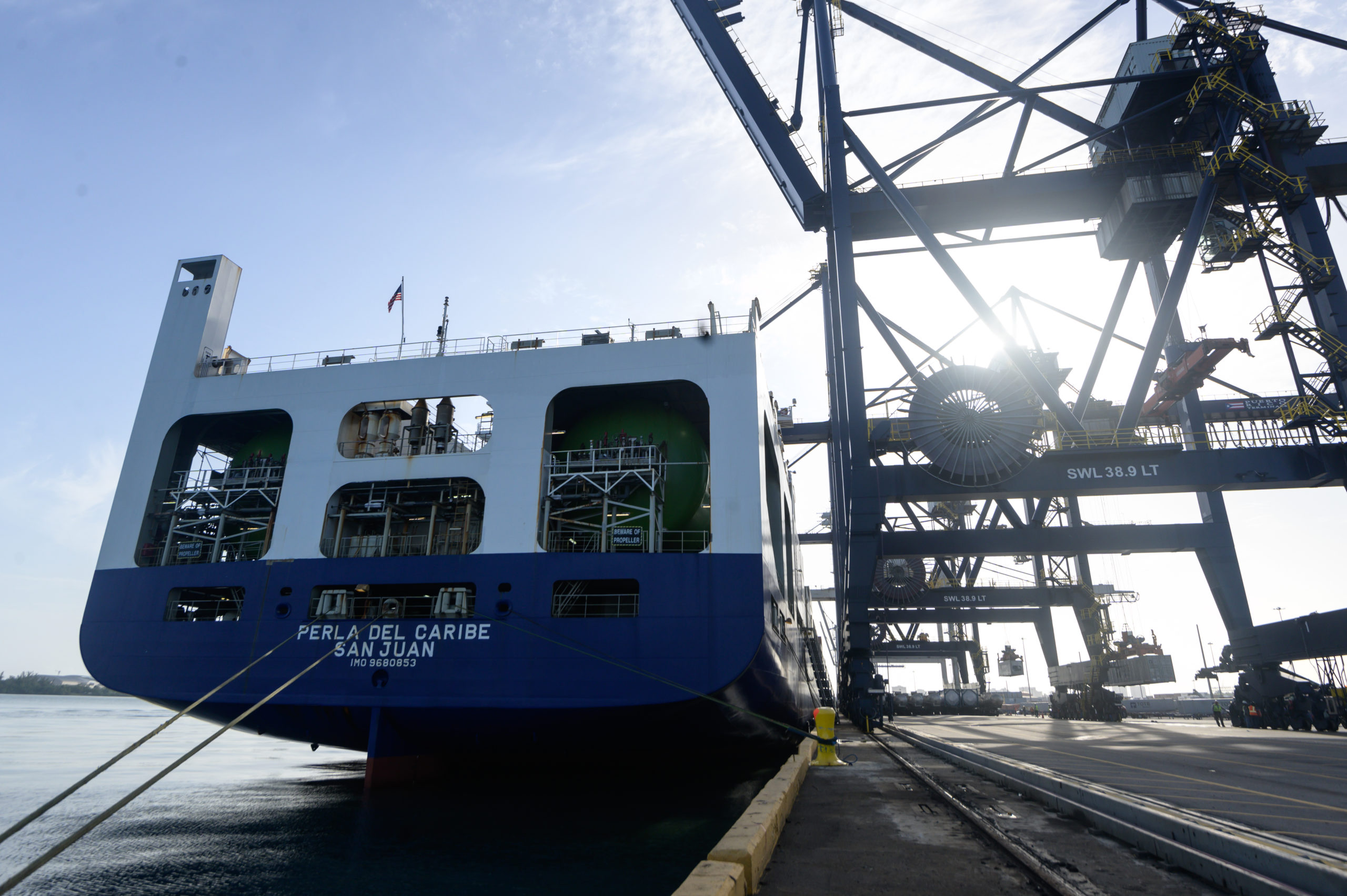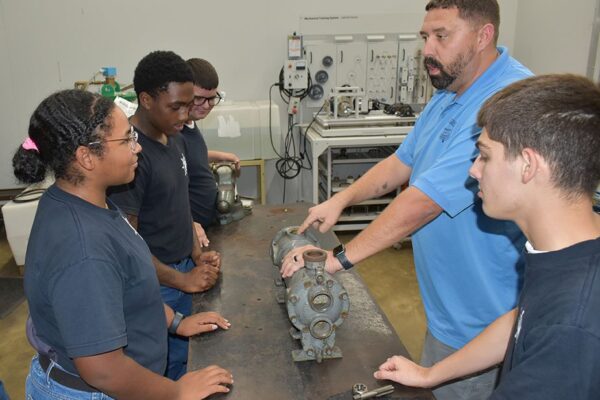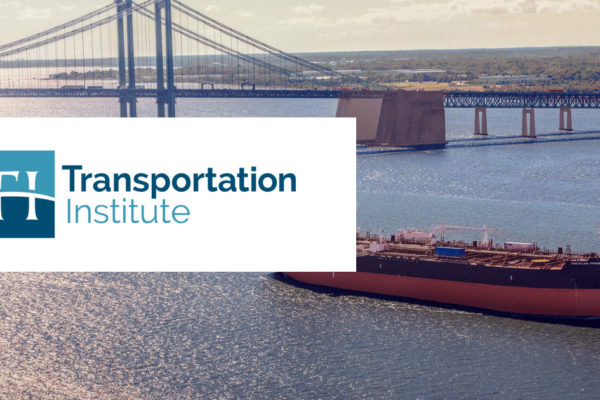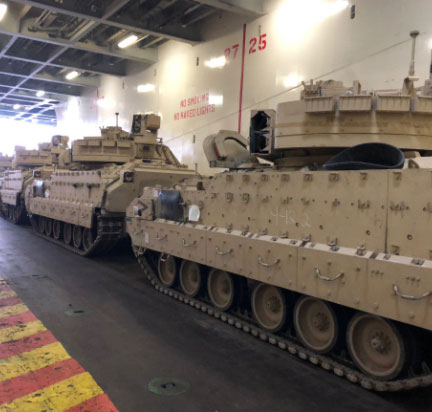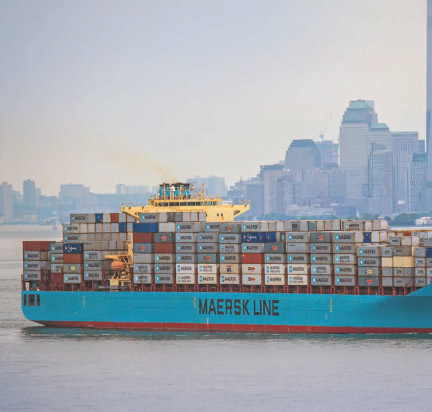Our Mission
Working for a Strong American Maritime Capability
Transportation Institute closely monitors the workings and decisions of the US Congress and the wide range of administrative agencies of the federal and state governments as they affect waterborne transportation. The Institute staff conducts research and study projects on all maritime-related issues and testifies at congressional and government agency hearings and inquiries which affect marine transportation. Liaison is maintained with all congressional offices and those of the executive branch of government when maritime issues are under consideration.
Transportation Institute issues a number of publications and other materials designed to inform the public, the Congress, and the government of important merchant marine matters. Transportation Institute plays a prominent role in national forums, seminars, and public policy meetings where questions of maritime policy are under debate.
LEARN MORE

